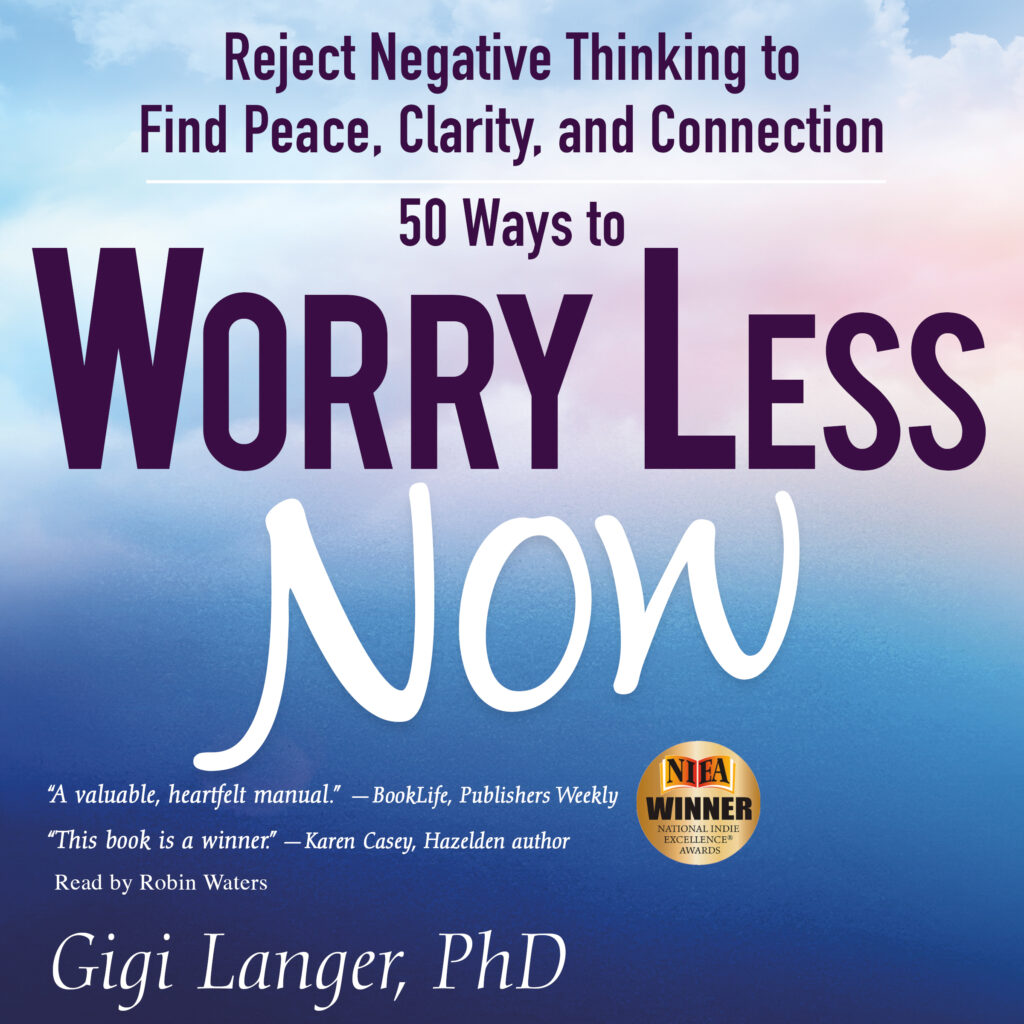
“Lying to ourselves is more deeply ingrained than lying to others.” Dostoevsky
What secrets have you been keeping from yourself? Perhaps you’re worried about your own well-being or a loved one’s overworking, drinking, or depression. Even though these worries occasionally get your attention, when they die down again, they’re easy to forget. But that would be a mistake if you really want to be free.
The Truth Will Set You Free
The foundation of much unhappiness is denial, a coping mechanism that allows a person to reject a painful truth too uncomfortable to accept. Denial’s voice emphatically whispers, “I don’t want to admit the truth; and if I did, I just couldn’t handle it.”
As the saying goes, “We’re only as sick as our secrets.” All the concerns listed above, as well as overeating, sleeping too much, obsessing about politics, or trying to control loved ones, are the unhealthy distractions of people flirting with denial.
In spite of these defenses, the pain hiding underneath the secret emerges, perhaps in a burst of outrage or in a bothersome sense of unrest in the gut. Tight shoulders, jaw clenching, headaches, frequent illness, and a host of other complaints may be symptoms of stifled truths and feelings.
Denial and Blaming Keep Us Stuck
For many of us, denial has been protective, softening the blows of life with a cocoon of forgetting. But denial, when held onto for too long, can keep us from facing up to and learning from our experiences.
We humans have a great tendency to avoid responsibility for our part in a difficult situation. Imagine you’ve just had a heated argument with your partner. As you replay the incident, you think, “It’s not my fault,” “He should not have said that,” or “If only he would be more understanding.” While these statements might be partially true, this kind of blaming only keeps you stuck.
What if, instead of blaming him, you honestly considered your own part in the disagreement? For example, you might discover you’ve been demanding, moody, or critical. You could then do the work to overcome the false belief that your partner must be perfect. Eventually, you find yourself focusing on his strengths instead of his faults. Perhaps you learn to state your own needs as preferences rather than demands. Eventually, your relationship begins to grow and thrive.
Select one troubling area in your life and work through it using the strategies and tools I offer in “50 Ways to Worry Less Now.” [This excerpt is taken from Chapter 2, “Getting Honest about Your Worries.”] Get started now with this “Honesty Check-Up.”
Honesty Check-Up
Write about these questions (My own answers are below)
- What damaging aspects of your character (false beliefs) are you denying?
- How would your life be better without them?
- What is the cost of not dealing with them?
- What steps are you willing to take to free yourself from this pattern?
- My current false belief is “I’m not working hard enough to help my book reach a lot of people.”
- Without this belief, I could be relaxed, calm, and fully present with my husband and friends. I would be more outgoing and positive.
- The costs of denying this belief are continued stress, stomach problems, not enjoying the present moment, and negative self-talk.
- I am meditating regularly, praying for a new way of seeing my book’s “success,” and will discuss my concerns with my spiritual advisor.

Gigi Langer, a person in recovery, holds a Ph.D. in Psychological Studies in Education and an MA in Psychology from Stanford University. Through her writing, coaching, and speaking, Gigi has helped thousands of people improve their lives at home and at work. She lives in Michigan with her husband and Murphy, her cat.

Get Gigi’s new book, “50 Ways to Worry Less Now: Reject Negative Thinking” is available in audio, e-book, and paperback (5 Stars on Amazon). Click HERE
“Valuable, heartfelt manual.” — Publishers Weekly (BookLife)
“This book is a winner.” -Karen Casey, Hazelden author